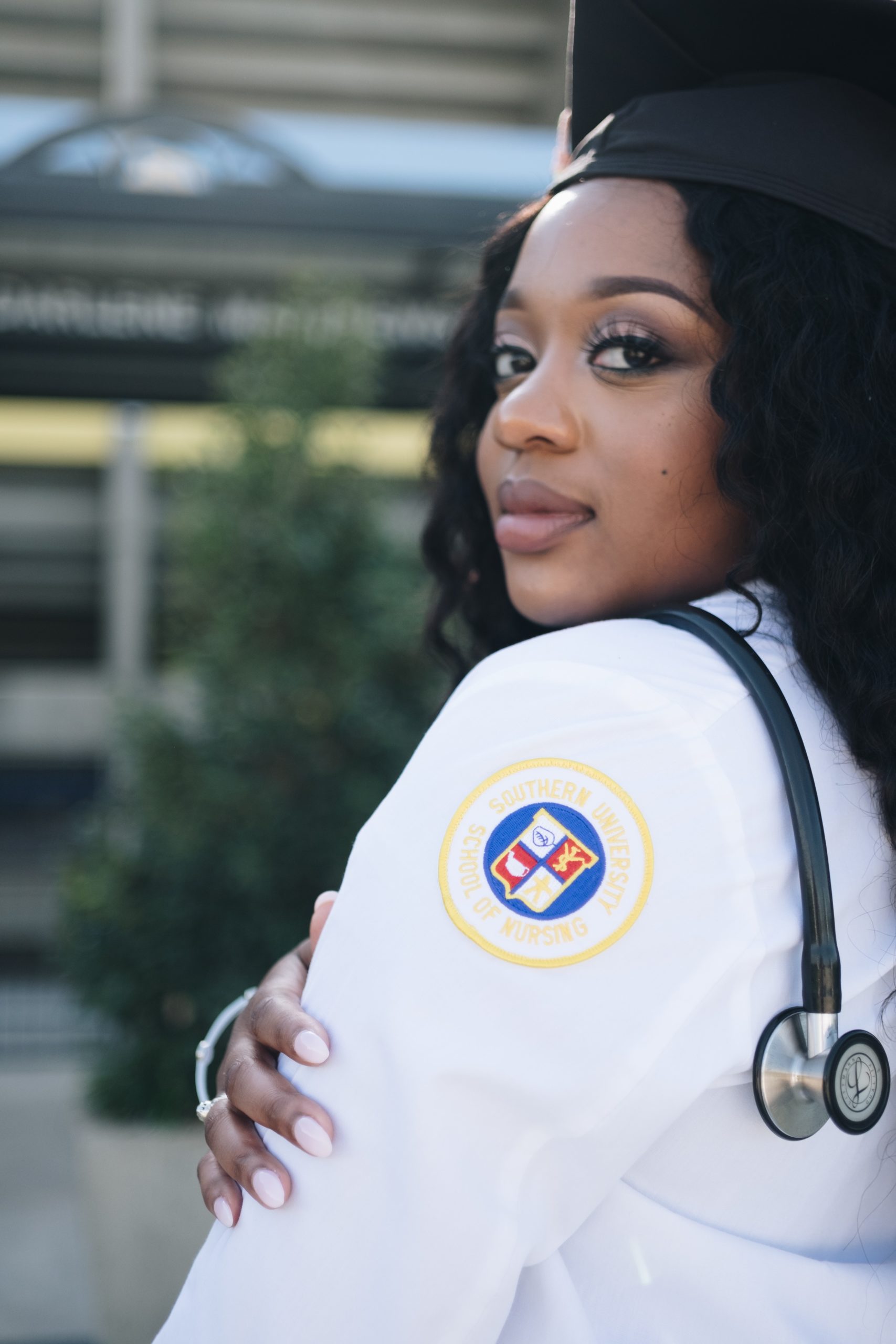Tips to Succeed in Your Final Year of Medical School
- by
- May 18, 2022
- Reviewed by: Amy Rontal, MD

It’s your fourth year of medical school, and by now you’re a seasoned veteran. You know the best study spots on campus and the tastiest dishes in the hospital’s cafeteria. You’re a master of clinical rotations and an expert on shelf exams. Don’t let your guard down. The fourth year brings new challenges as you work toward the next stage of your medical training. It’s time to polish your resume, edit your personal statement and begin your applications for residency. Check out our recent blog post on succeeding as an MS4 & Beyond.
Don’t Wait To Obtain The Final Letter Of Recommendation
The majority of fourth year students are on the cusp of completing their core clinical rotations. Most schools require an inpatient rotation as your sub-internship during your fourth year. Achieving honors on this rotation provides a great opportunity to receive a strong, personalized letter of recommendation. This letter is your chance to stand out among other residency applicants regardless of the specialty you choose. At the beginning of your rotation, let your attending know you are seeking a letter. By being proactive in this way, you will give him/her the chance to monitor your performance closely and to write a personalized letter.
Don’t hesitate to ask for feedback throughout the rotation, so you can show improvement and work on any deficiencies. Finally, don’t forget that letter-writers may ask for a copy of your CV and personal statement, so it is a good idea to have these items on hand or ready to email within a couple of days of completing your sub-internship.
Strive For Success On Your Sub-Internship
When on your sub-internship:
- • Let your team know which patients you find interesting and get involved in their care.
- • Learn what it’s like to be an intern.
- • Gather complete histories,
- • Practice coming up with a comprehensive treatment plan to discuss with your upper-level colleagues.
If your hospital EMR allows you to pend orders for your residents, go ahead and give it a try! This is a great way to help your team, and it is a wonderful EMR learning experience.
These skills will come in handy when you hit the ground running during your intern year. And you can do so much more while on your sub-internship, including:
- • Counseling patients,
- • Answering pages about them
- • Discussing them with consultant specialists
- • Coordinating their care with social workers
- • Planning their discharges
Even if you expect to apply to a different speciality, medicine and patient care are dependent on teamwork – so learning how to cooperate with the other members on your team will become invaluable during your career.
Choose Your Electives Smartly
After finishing your required fourth year rotations, you will have the opportunity to choose electives to fill the rest of your schedule. Choose electives that will allow you to have enough time for residency interviews. Interviews typically occur between October and January, with the vast majority taking place before Christmas, so keep that time frame in mind. Electives can provide an opportunity to check out something you haven’t experienced yet – like a rotation through pediatric anesthesiology or adult radiology. Electives are designed to let you experience a new aspect of medicine without the burden of taking a shelf exam or getting impactful evaluation, so take advantage of them!
Preparing your residency application, interviewing at programs around the country and gathering that last bit of knowledge before you start residency are very important highlights of your fourth year in medical school. Still, my final advice is the following: have a blast during your fourth and final year as a student. You will be a doctor before you know it!
About the Author
Mike is a driven tutor and supportive advisor. He received his MD from Baylor College of Medicine and then stayed for residency. He has recently taken a faculty position at Baylor because of his love for teaching. Mike’s philosophy is to elevate his students to their full potential with excellent exam scores, and successful interviews at top-tier programs. He holds the belief that you learn best from those close to you in training. Dr. Ren is passionate about his role as a mentor and has taught for much of his life – as an SAT tutor in high school, then as an MCAT instructor for the Princeton Review. At Baylor, he has held review courses for the FM shelf and board exams as Chief Resident. For years, Dr. Ren has worked closely with the office of student affairs and has experience as an admissions advisor. He has mentored numerous students entering medical and residency and keeps in touch with many of them today as they embark on their road to aspiring physicians. His supportiveness and approachability put his students at ease and provide a safe learning environment where questions and conversation flow. For exam prep, Mike will help you develop critical reasoning skills and as an advisor he will hone your interview skills with insider knowledge to commonly asked admissions questions.









